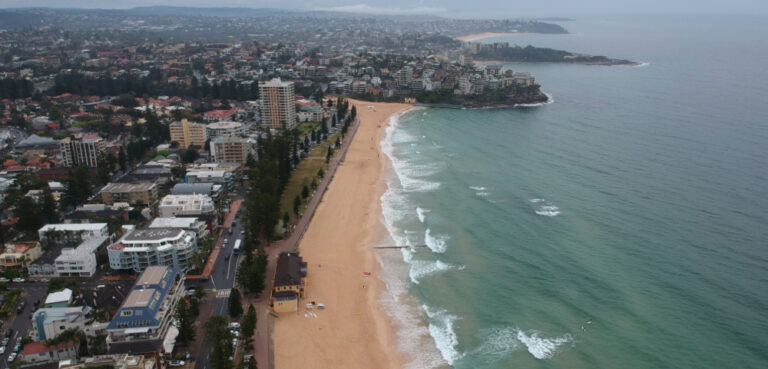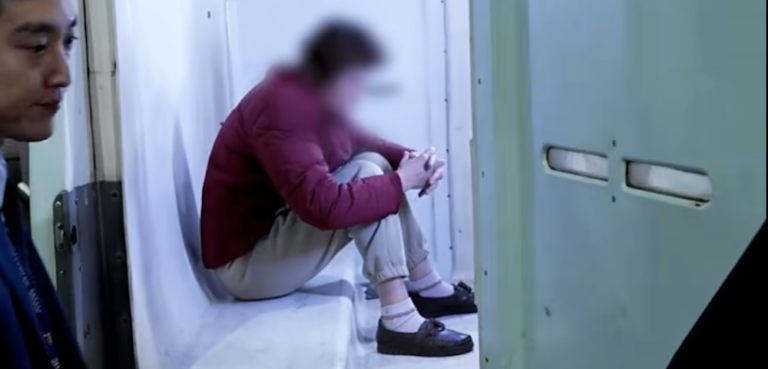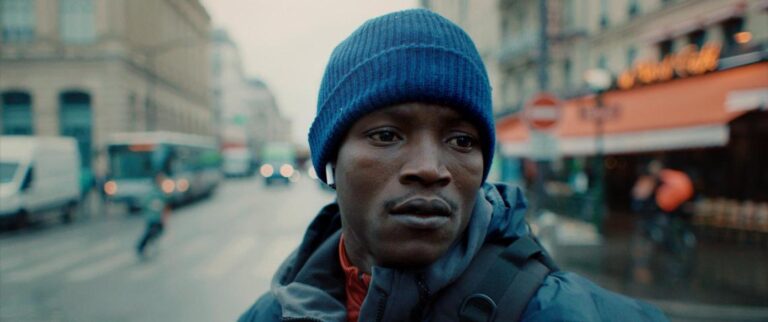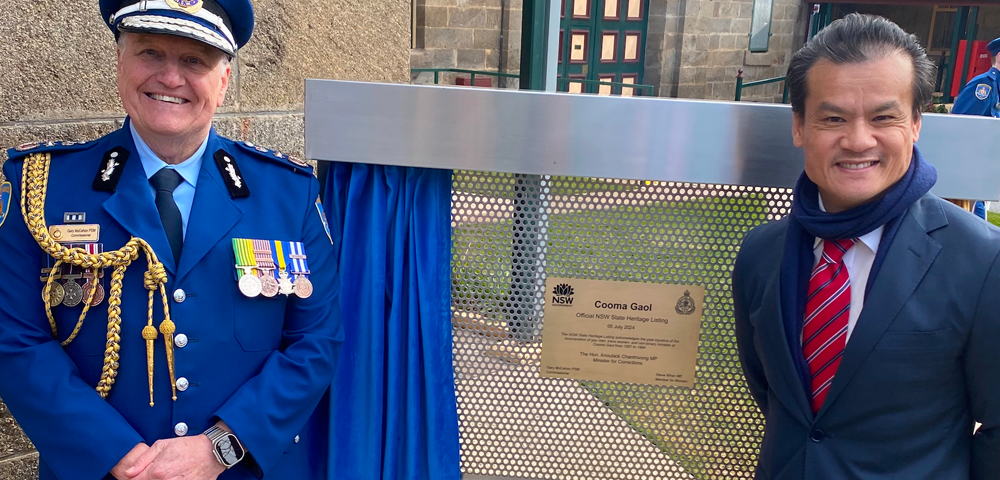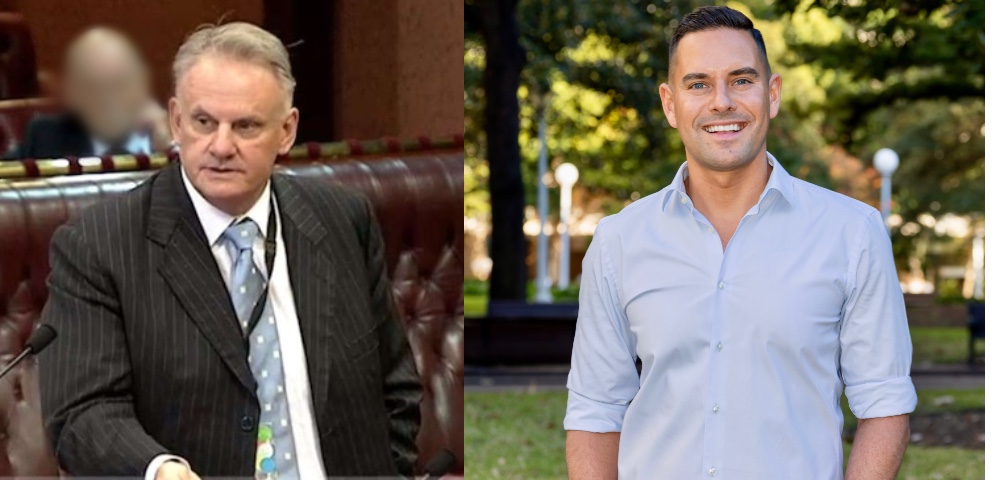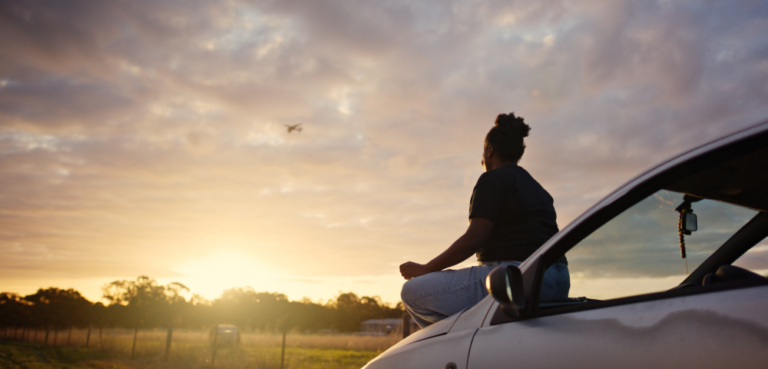
Sydney academic says there’s more to sport than weight loss
BY MICK ROBERTS
Obesity prevention should not be the only reason for parents to encourage children to take up a sport, according to a Sydney University academic.
Dr Richard Light says that sport plays an integral role in a child’s social development.
He has spent 10 years researching how sport affects children both physically and mentally, and has had his work published in a book titled Sport in the Lives of Young Australians.
The book, which Dr Light drafted while spending three months in France, features in-depth studies on children within school, club and social environments around Australia.
He said children as young as 10-years-old showed the ability to reflect on the conflicting messages from elite and professional ‘media’ sport.
Dr Light is a senior lecturer in the Faculty of Education and Social Work at the University of Sydney and teaches human movement and health education.
While he researches youth in sport and physical education, he says his interest in writing the book also stems from taking a keen interest in his daughter’s sporting career.
‘Top paid athletes in general are good examples to our young people,’ he said. But he says there are minorities in a few sports, like the AFL, that project a bad image to our youth.
He also believes Australian athletes at the top of their field do not get paid enough in comparison to the sports stars in the United States.
‘The bodies of these athletes do not last long, so they have a very short span to earn good money ‘ like in rugby union and ruby league, where they are paid good money to perform in sports.’
A chapter on nippers and surf lifesaving clubs shows how children developed on a number of levels, Dr Light said.
‘Friendships with older children and adults through the surf club community, the ability to decide on how competitive to be, and social responsibility for those who went on to take an active role in patrolling were important aspects,’ he said.
According to Dr Light, children learn fair play, gender identity, self motivation and much more through participation in sport activities.
Providing a unique insight into how children view sport and its role in their lives, the book also analyses some of the new methods being used to engage children in sport and offers suggestion for improving their experiences of sport and physical education.
Modified games, like six-a-side soccer, allows greater participation and involving children in rule-making will also get young people more engaged, he said.
‘The book will be a valuable resource for teachers, coaches and anyone interested in understanding how to provide physical education in a way.’
Sport in the Lives of Young Australians, features 163 pages, and is published by Sydney University Press.
